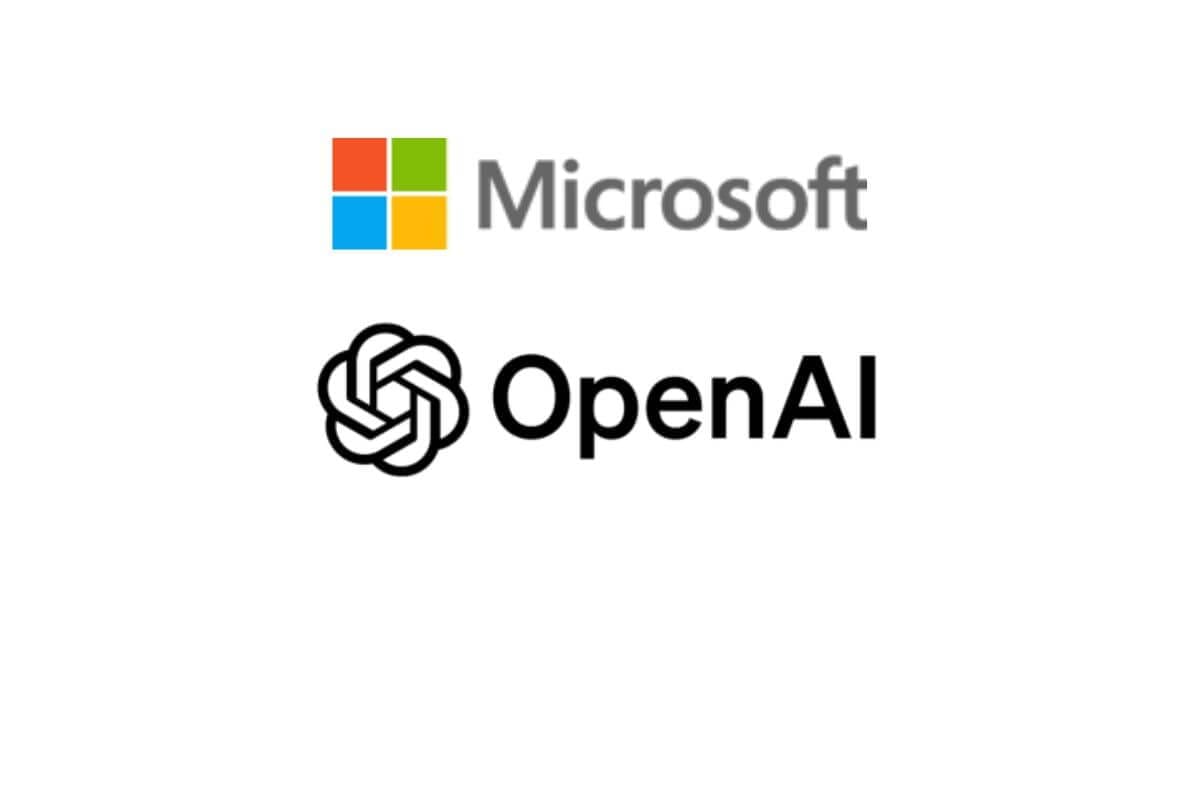
OpenAI CEO Sam Altman on Sunday expressed confidence that US President-elect Donald Trump's administration would support the artificial intelligence (AI) sector to ensure the United States and its allies continue to lead it. Speaking to US broadcaster Fox News on Sunday, Altman said AI technology needed massive infrastructure support and that he believed Trump would be good at providing it.
Also Read: OpenAI Targets 1 Billion Users by 2025 with AI Innovations and Apple Partnership: Report
Competition in AI and Global Leadership
"Infrastructure in the United States is super important. AI is a little bit different than other kinds of software in that it requires massive amounts of infrastructure: power, computer chips, data centers. And we need to build that here, and we need to be able to have the best AI infrastructure in the world to be able to lead with the technology and the capabilities. I believe President Trump will be very good at that, and I look forward to working with his administration on it," he said.
Altman was responding to a question on the United States' competition with China on AI, adding It does seem to us like this is going to be a very important moment in the history of technology, and "we very much believe that the United States and our allies need to lead this."
The infrastructure that AI technology requires includes huge amounts of electricity, as well as large data centers and technological support in the form of access to advanced semiconductors and computer chips.
Need for Legislative Safeguards
Altman also said the US Congress needs to pass legislation that erects safeguards for the use of artificial intelligence. "I think, yes. At some point, when it is, what form it should be, I don't know when that will happen," he said, responding to a question. "I think it should be a question for society. Like, it should not be OpenAI gets to decide on its own how ChatGPT or how the technology in general is used or not used."
Altman, responding to a question about the current best guess and worst-case scenarios that could arise from AI, said, "Society's been through things like this many, many times. You know, we've been through the Industrial Revolution, we've been through the computer revolution. One thing that I think you can learn studying history is it's not always obvious what the pluses and minuses are going to be."
Also Read: Orange Partners With OpenAI and Meta to Expand AI Models for African Regional Languages
Positive Impact of AI
Talking about the current best-case guess, Altman said, "On the plus side, people are using these tools already today as AI medical advisers. You hear from people who couldn't diagnose some disease they had and they had all these weird symptoms, and ChatGPT helped them. You hear from people who are using this as like an AI tutor. They're learning things they couldn't learn before. You hear people who are using this to help around their small businesses—really wonderful things. This is a tool that magnifies human ability in all these ways. I think we're at the very early innings of that, and we'll see incredible things. There are hundreds of millions of people using this already. There will be billions, and like with any other tool, people will be able to do things they just couldn't do before, and that really is, I think, how the world and society get better and better."
"On the downside, you know, to get right at it, I'm sure this will impact jobs—many jobs. It'll make better and more productive, but some, it’ll make worse, and some will go away entirely. You can imagine cybersecurity incidents with these models, where people use them to hack into systems. You can imagine our adversaries getting a hold of these and it being a national security issue. So, I think we have a lot of work to do, and we really need to stand lead," Altman added.
Also Read: OpenAI Raises USD 6.6 Billion to Accelerate AI Research and Expansion
Community Concerns
Responding to a question about concerns regarding the impact of AI developments on the lives of communities, Altman said, "First of all, we are making enormous efficiency gains, so the idea that you need all the energy on Earth probably won't be true. One thing we hear again and again is some communities don't want data centers or chip fabs or new power plants. And some really do. The United States is a gigantic country, and there will be plenty of room to do this."
Autonomous Decision Making Capability
Responding to a question about the current status of AI making its own autonomous decisions, Altman said, Maybe right now, you can give it a 5-second task without supervision, and eventually, you give it a five-minute task, and then a 5-hour task, and then a 5-day task, and maybe someday, it can go do a five-month task, and that's like, you know, a full scientist off exploring something. But I think it'll feel more like that. It’ll feel more like an increasingly senior coworker—not one moment it was not autonomous, and then one moment it was."
Elon Musk, who co-founded OpenAI in 2015 but has since departed, has requested a US court to prevent the company from transitioning into a for-profit entity, according to reports from US media on Saturday.















